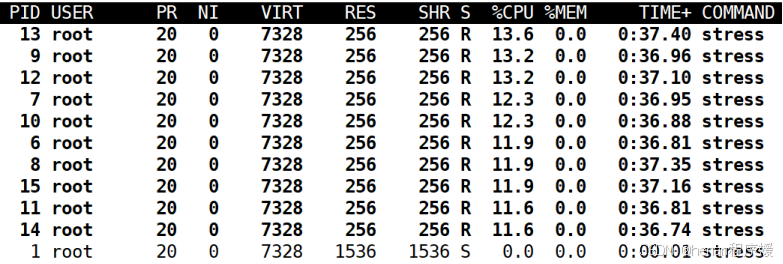
方法:快慢指针+递归+遍历
/**
* Definition for singly-linked list.
* struct ListNode {
* int val;
* ListNode *next;
* ListNode() : val(0), next(nullptr) {}
* ListNode(int x) : val(x), next(nullptr) {}
* ListNode(int x, ListNode *next) : val(x), next(next) {}
* };
*/
class Solution {
public:
// int ListLength=0;
ListNode* reverseList(ListNode* head){
if(!head||!head->next){
// if(head){
// ListLength+=1;
// }
return head;
}
ListNode* T=reverseList(head->next);
head->next->next=head;
head->next=nullptr;
// ListLength+=1;
return T;
}
bool isPalindrome(ListNode* head) {
if(!head||!head->next){
return true;
}
ListNode* secondStart=searchHalfStart(head);
ListNode* b=reverseList(secondStart->next);
ListNode* a=head;
int eqIndex=0;
// while(b){
// std::cout<<"<<<"<<b->val<<std::endl;
// // a=a->next;
// b=b->next;
// }
bool res=true;
while(res && a && b){
// std::cout<<eqIndex<<","<<ListLength<<std::endl;
// std::cout<<a->val<<"---"<<b->val<<std::endl;
if(a->val == b->val){
// eqIndex+=1;
res=true;
a=a->next;
b=b->next;
// std::cout<<"222"<<std::endl;
}
else{
res=false;
break;
}
}
reverseList(secondStart);
// std::cout<<eqIndex<<","<<ListLength<<std::endl;
return res;
}
ListNode* searchHalfStart(ListNode* head){
ListNode* fast=head;
ListNode* slow=head;
while(fast->next!=nullptr && fast->next->next!=nullptr){
fast=fast->next->next;
slow=slow->next;
}
return slow;
}
};

方法:递归回退策略
/**
* Definition for singly-linked list.
* struct ListNode {
* int val;
* ListNode *next;
* ListNode() : val(0), next(nullptr) {}
* ListNode(int x) : val(x), next(nullptr) {}
* ListNode(int x, ListNode *next) : val(x), next(next) {}
* };
*/
class Solution {
public:
ListNode* frontPoint;
bool recurveCheck(ListNode* head){
if(!head){
return true;
}
else{
bool res=recurveCheck(head->next);
if(res && head->val==frontPoint->val){
frontPoint=frontPoint->next;
return res;
}
else{
return false;
}
}
}
bool isPalindrome(ListNode* head) {
if(!head||!head->next){
return true;
}
frontPoint = head;
bool res = recurveCheck(head);
return res;
}
};

方法:容器数组+遍历
/**
* Definition for singly-linked list.
* struct ListNode {
* int val;
* ListNode *next;
* ListNode() : val(0), next(nullptr) {}
* ListNode(int x) : val(x), next(nullptr) {}
* ListNode(int x, ListNode *next) : val(x), next(next) {}
* };
*/
class Solution {
public:
bool isPalindrome(ListNode* head) {
vector<int> vec;
ListNode* temp=head;
while(temp!=nullptr){
vec.emplace_back(temp->val);
temp=temp->next;
}
bool res=true;
int i=0,j=vec.size()-1;
while(i<j){
if(vec.at(i)==vec.at(j)){
i++;
j--;
}
else{
res=false;
break;
}
}
return res;
}
};



















